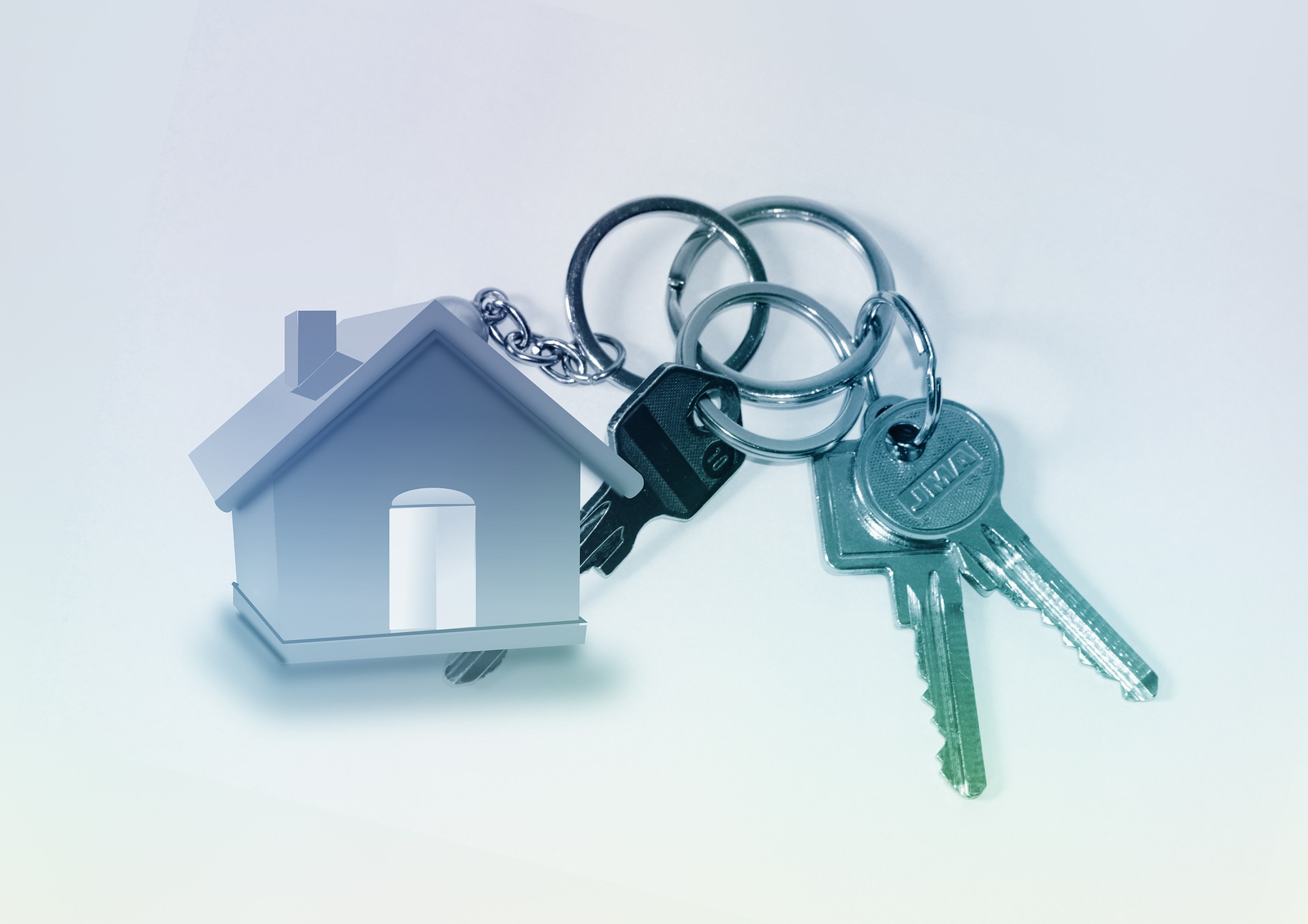
A great strategy to building your real estate portfolio is to take your current primary residence and turn it into a rental. There are a few things to consider when you do that.
Talk with your CPA
As with any investment, the first thing I suggest is that you talk to a CPA. What will this new investment property do to your tax implications? Find out and make sure it's the right thing for you.
Read Deed of Trust
The first thing you need to check is your note and deed of trust. Make sure that you have lived up to the expectations of living in that property for the amount of time that they expect before you rent it out. If you have not met that time period, you could be committing loan fraud and they could call that loan all due and payable. So be sure to read your note and deed of trust on your current loan before you make it a rental property.
Change Insurance Policy
Second, you do need to change your insurance policy. You will need to change it from a owner-occupied insurance policy to a rental property. It does change. If you do not change it, you will need to understand that they may not pay claims if a tenant does any damage to the property. You want to make sure your rental property is covered properly. So investing in a multifamily residential security system or smart security features is also wise.
Check with your HOA
Third, you need to check with your HOA. Do they have stipulations regarding rental properties? Are they allowing them or do they not allow them? If they do allow them, what stipulations do you have to meet? Check with your HOA. And if you have to refinance that loan on your home to pull the equity out to buy the second primary residence that you want to move to, then be sure that that lender is aware that the property will be utilized as a rental property so that you're not committing loan fraud.
Higher Risk
Now what you do need to know about investment property is that you will be required to put a little bit more down. 20 to 25% or more is typically what the lenders are going to look for. You have a little bit higher interest rate because there's a higher risk. Your insurance costs will be more also because it is a rental property, investment property. Keep those things in mind as you consider this opportunity.
Property Management Company
Now let's talk about property management. It's something I would highly suggest to you. They'll take about 8 to 10% of your rental income, but it's well worth it. For that, you will have them vet each one of your applicants, they will run their credit, they will do the leasing process for you, and they will handle any kind of repairs through their service provider list. You of course are paying but they are handling it and taking care of getting those people out to the property. They will help you with cleaning the property after each tenant moves out. They will hold your security deposit for you, and at the end of the year, they will give you a breakdown of your rental property for tax purposes. They do a lot of work that you would have to be doing on your own if you were to do it by yourself.
Self Management
Now if you are considering doing it by yourself, you need to be well aware that you cannot commingle those funds. If you take a security deposit from your tenant, you must keep it in a separate account, it needs to stay there until the end of the lease period, and then of course depending on the repairs that might need to happen, you would return the balance of that to the tenant per the agreement. But you do need to have it separate. There is an advantage to a property management company, but can you do it on your own? Absolutely you can. Just make sure that you use reliable rental property accounting software and read up on all the necessary laws that you need to stay intact with and follow. Be sure you're well-informed.
Conclusion
The next thing you need to look at is you got to run the numbers. Figure out what the cost of the new loan will be on the rental property, the insurance, the property management costs, and so on. Run the numbers and make sure that this particular property is going to be a positive cash flow. Even though it's a crazy market, there's opportunities in every market. If this is something that you're thinking would work for you or that you'd like to consider, feel free to reach out to me. While it may seem really easy to take your primary residence and turn it into a rental, those are some things to consider to make sure that you protect yourself and you protect the property.
- Mesquite Nevada Real Estate Report 2022
- 4 Things An Online Listing Wont Tell You About A Property
- Selling Your Home Importance Of Window Treatments
- 3 Things To Prioritize When Selling A Home In Mesquite
- Ways How Glass Railings Add Value To Your Property
- Can Solar Panels Increase My Nevada Home Value
- Mesquite Regional Park
- Lawn Care Tips That Can Help You Sell Your Home

